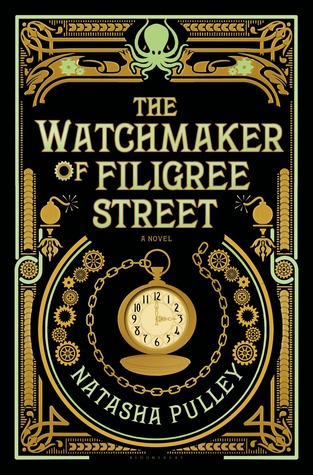
 Hubby and I plan to spend Thanksgiving with friends rather than relatives this year. By now, I'm so accustomed to a family holiday dinner that's akin to pro tag-team wrestling, I barely remember how one eats in a relaxed and civilized setting. This time, I won't sit down while beaming mental death threats to the Tactless Relative and silently pleading with the Always-Leaves-the-Table-in-a-Huff Relative. During the meal, I won't keep a foot cocked for delivering an under-the-table kick to my husband, who inevitably brings up the one topic I specifically warned him against, or take part in the traditional political discussion that degenerates into yelps and yells.
Hubby and I plan to spend Thanksgiving with friends rather than relatives this year. By now, I'm so accustomed to a family holiday dinner that's akin to pro tag-team wrestling, I barely remember how one eats in a relaxed and civilized setting. This time, I won't sit down while beaming mental death threats to the Tactless Relative and silently pleading with the Always-Leaves-the-Table-in-a-Huff Relative. During the meal, I won't keep a foot cocked for delivering an under-the-table kick to my husband, who inevitably brings up the one topic I specifically warned him against, or take part in the traditional political discussion that degenerates into yelps and yells.Instead of a fateful family dinner destined to burn itself into our memories, perhaps this Thanksgiving can include a discussion of memory, probability and destiny, and free will and fate––and the books that deal with these topics.
 One example is Natasha Pulley's intricate first novel, The Watchmaker of Filigree Street (Bloomsbury USA, July 2015). We tag along with Nathaniel Steepleton, a Home Office telegraph clerk in 1883 London. We take side excursions to Japan during the Meiji Restoration and Oxford, where we meet young physicist Grace Carrow, chafing under the restrictions society and family place on her research into the propagation of wave-based light, and her suave friend, Akira Matsumoto, who is related to the Japanese emperor.
One example is Natasha Pulley's intricate first novel, The Watchmaker of Filigree Street (Bloomsbury USA, July 2015). We tag along with Nathaniel Steepleton, a Home Office telegraph clerk in 1883 London. We take side excursions to Japan during the Meiji Restoration and Oxford, where we meet young physicist Grace Carrow, chafing under the restrictions society and family place on her research into the propagation of wave-based light, and her suave friend, Akira Matsumoto, who is related to the Japanese emperor.These people are all linked through Keita Mori, a London watchmaker originally from Japan, whose talents involving time go far beyond his abilities to make enchanting clockwork devices. (I would kill to own Mori's little clockwork octopus pet, Katsu.) One of Mori's products, an exquisite pocket watch, mysteriously appears in Thaniel's room and enables him to escape a Fenian bombing without injury. Is Keita behind the bombing? And, in general, is Keita a good or bad guy, and what does it mean to become close to him? Like clockwork, Thaniel and Grace maneuver to answer these questions––and others about the nature of loneliness, love, and loyalty––in a hybrid of mystery/steampunk/speculative fiction. The atmospheric setting includes Victorian methods of detection, the struggle for women's suffrage, Gilbert and Sullivan music, and the experiences of Japanese immigrants in London. The puzzles of The Watchmaker of Filigree Street's characters and plot reveal themselves slowly, but, for the reader who is willing to wait, what you'll discover is a charming and thought-provoking read.

No comments:
Post a Comment